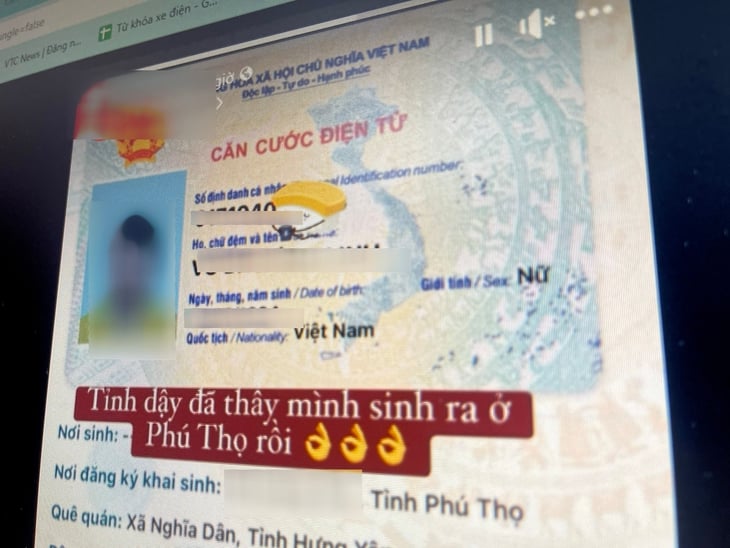
Users freely share personal information on social networks after being updated about their permanent residence according to new administrative boundaries - Screenshot
From July 1, people can access the VNeID application to view details about their address and hometown after the merger.
On social media, many accounts shared photos of ID cards that were updated to new standards and new local names after the province merger.
Mr. PTS (residing in Phu Tho province) shared: "I saw that the information about my hometown had been updated from Hoa Binh province to Phu Tho province, so I quickly took a screenshot and posted it on social media. Although I covered my ID number, after a few hours I saw that the post had too much personal information, so I quickly deleted it."
According to security expert Vu Ngoc Son (head of technology department of the National Cyber Security Association), users' enthusiasm in sharing citizen identification card (CCCD) images on social networks after being updated with their permanent residence according to new administrative boundaries can potentially pose a risk of personal information leakage.
Security experts analyze that with the development of image recognition technology using artificial intelligence (AI), systems can automatically analyze and collect information from images, thereby obtaining information about the user's address and even ID card number if not carefully covered.
"This data can be used to build personal profiles, serve forgery, fraud, property appropriation, or impersonation to create fake documents. Therefore, we absolutely recommend not posting photos of ID cards, driver's licenses, bank cards... online. Please carefully cover information such as ID card numbers, addresses, QR codes.
At the same time, you should carefully check your privacy when posting and always be vigilant for unusual contacts after information is leaked," security expert Vu Ngoc Son advised.
In the context of an increasingly digital world, Internet users in Vietnam face more and more online threats. According to statistics from the Ministry of Public Security , in 2024, more than 6,000 cases were detected, with total losses reaching more than 12,000 billion VND.
A recent report also found that 70% of people have been exposed to at least one scam call or text message each month.
Source: https://tuoitre.vn/len-mang-khoe-que-quan-moi-coi-chung-thanh-moi-ngon-cho-ke-lua-dao-20250701170137782.htm





![[Photo] Politburo works with the Standing Committees of Dong Thap and Quang Tri Provincial Party Committees](https://vphoto.vietnam.vn/thumb/1200x675/vietnam/resource/IMAGE/2025/9/8/3e1c690a190746faa2d4651ac6ddd01a)

![[Photo] Politburo works with the Standing Committees of Vinh Long and Thai Nguyen Provincial Party Committees](https://vphoto.vietnam.vn/thumb/1200x675/vietnam/resource/IMAGE/2025/9/8/4f046c454726499e830b662497ea1893)

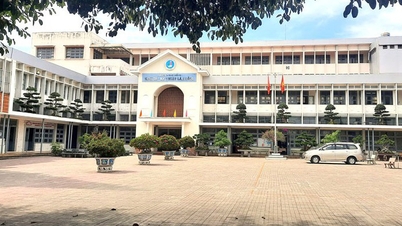
















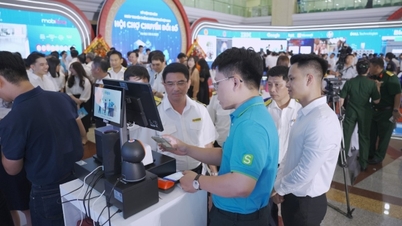


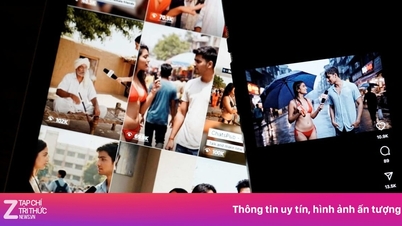











![[Photo] Amazing total lunar eclipse in many places around the world](https://vphoto.vietnam.vn/thumb/1200x675/vietnam/resource/IMAGE/2025/9/8/7f695f794f1849639ff82b64909a6e3d)

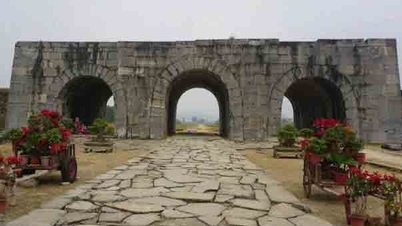



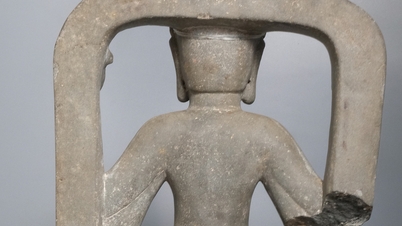


























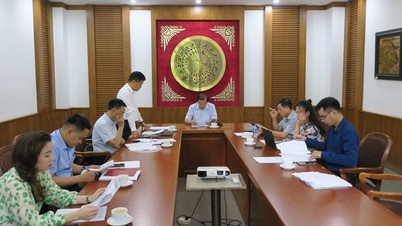




















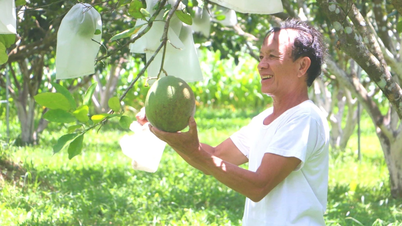








Comment (0)